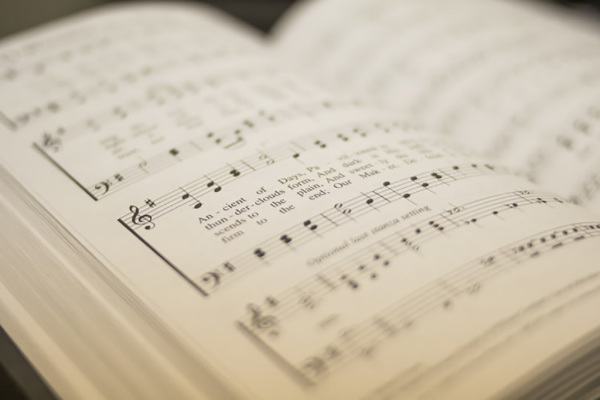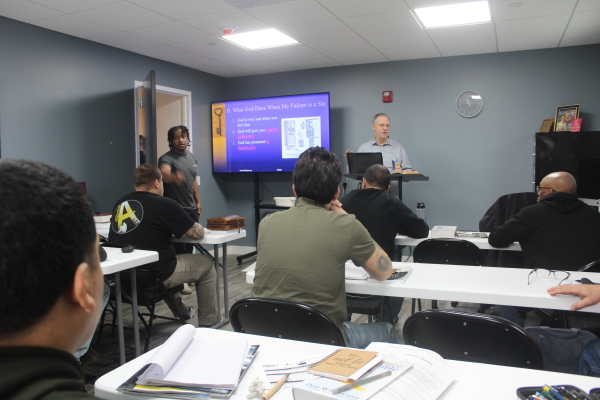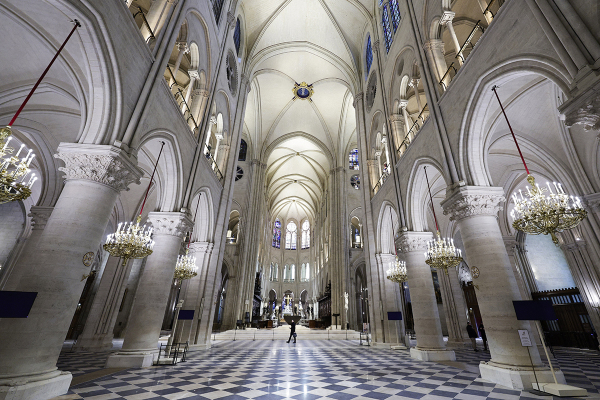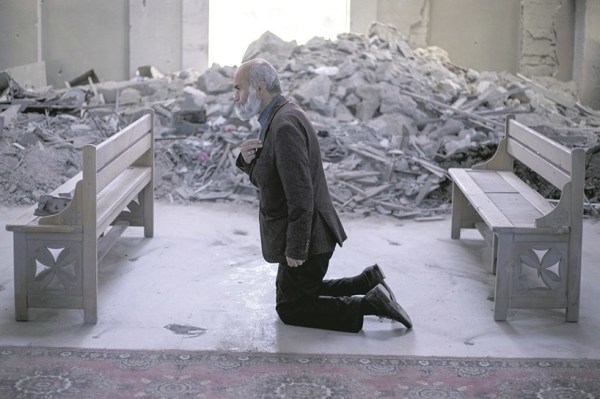Salvation Army Receives $1.5 Billion, the Largest Donation Made to a Charity
According to Washington Post, there was a historical mark in the history of a Christian charity. The Salvation Army will receive a $1.5 billion bequest from McDonald's heiress Joan Kroc, which is the largest sum of donation ever made to a charity.
W. Todd Bassett, national commander of the Salvation Army’s U.S. operations, said at the conference that this is opening up a “new era” for the 138-year-old Christina charity. The donation will be used to build more than 24 community centers across the country and pay part of their operating costs. Programs at the community centers will have a strong religious focus, as do their existing programs.
Eugene Tempel, executive director of the Indiana University Center on Philanthropy said it represents a departure from the traditional strategy of modern-day philanthropists.
"Most big gifts go to the big universities, hospitals, big art museums -- that kind of thing," said Tempel, "For an organization like the Salvation Army to get a gift like this is overwhelming."
However the Salvation Army officials are in concern of how they will be able to manage the operating cost after building the new centers. The Salvation Army has to raise an additional $40 million to $60 million annually to support the new centers.
"We have to get the message out that the gift in no way supports our existing programs," Bassett said.
Kroc, 75, died last year. She inherited her estate, valued at about $2 billion, from her husband, McDonald's founder Ray Kroc, who died in 1984. Her estate has already announced several other large gifts from her will, including $200 million to National Public Radio and $60 million to the Ronald McDonald House Charity program, which houses ill children and their families near hospitals around the country.
"Mrs. Kroc liked to make an impact," said Dick Starmann, spokesman for the estate. "I think she did."
The Salvation Army was founded in England in the 1800s by evangelist William Booth to offer "soup, soap and salvation" to the fallen and needy.
Its U.S. operations offer a network of programs, including soup kitchens, addiction recovery centers, disaster assistance and after-school activities. It also operates almost 1,700 thrift stores, 350 community centers and more than 200 day-care centers.
Usually the Salvation Army raises money through the money collected from Christmas kettles, small checks from its mail donation, and thrift-store purchases. It also receives government support of 12 percent of its to operate day-care centers, prison release programs and housing for the elderly.






















